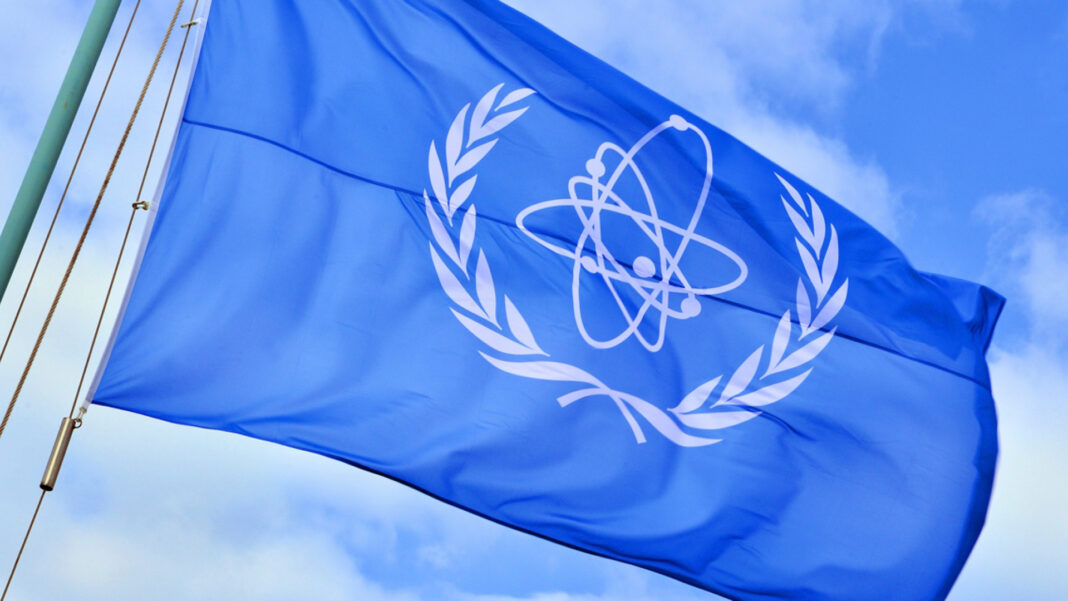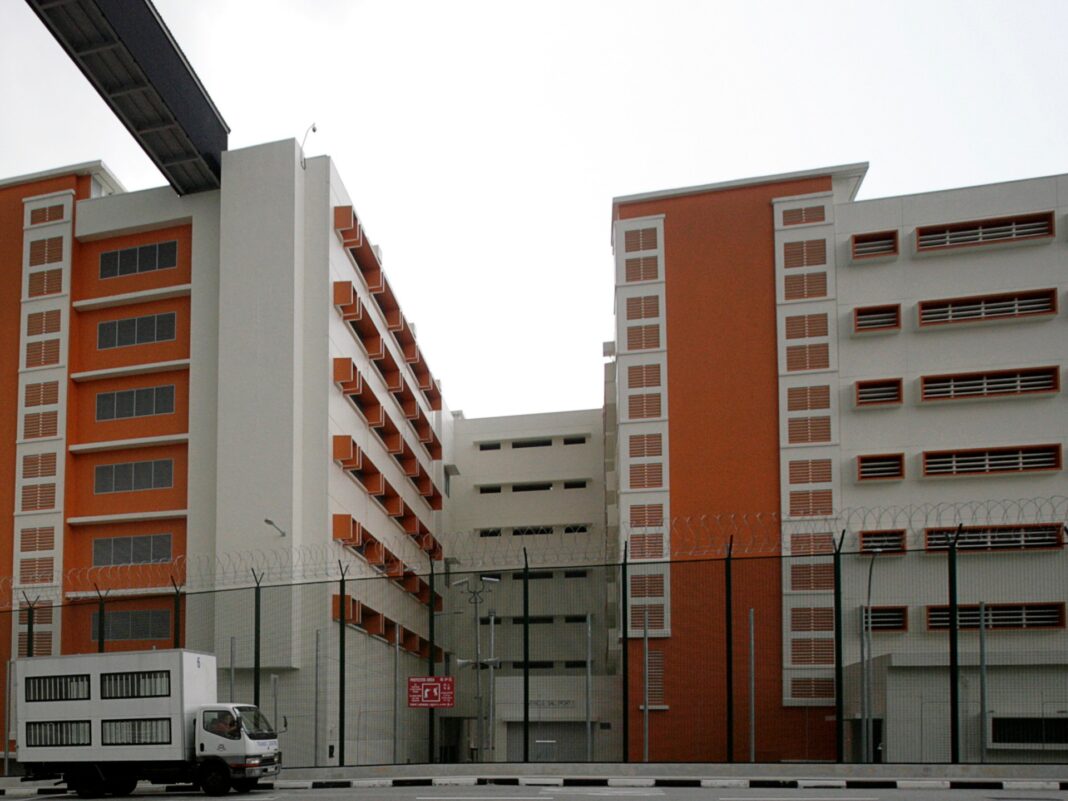BAKU, Azerbaijan, November 22. The Board of
Governors of the International Atomic Energy Agency (IAEA) “under
pressure from three European countries and the US passed a
non-consensual resolution regarding Iran’s peaceful nuclear
program”, said Iran’s Ministry of Foreign Affairs and the country’s
Atomic Energy Organization in a joint statement, Trend reports.
“Iran’s principled policy has always been based on constructive
engagement with the IAEA within the framework of the rights and
obligations outlined in the Non-Proliferation Treaty (NPT) and the
Comprehensive Safeguards Agreement. Since its establishment, the
14th government of Iran has prioritized the continuation and
enhancement of cooperation with the IAEA to resolve mutual issues
in line with this principled approach. As part of this policy, Iran
welcomed the visit of the IAEA Director General to Tehran, making
all necessary arrangements to facilitate interactions and ensure
the success of his trip.
In such circumstances, the three European countries and the US –
countries with a long history of breaching commitments, including
under the JCPOA, and imposing unjust sanctions and unlawful
pressure on the Iranian people – chose to undermine the
constructive atmosphere between Iran and the IAEA. Without even
waiting for the results of Rafael Grossil’s visit, they pursued an
unjustified and confrontational action by submitting a resolution
against Iran to the Board of Governors,” the statement reads.
Tehran pointed out that this resolution failed to gain the
support of half the Board’s members, highlighting opposition to the
political and destructive approach of its proponents.
“This politically driven, unrealistic, and destructive approach
undermines the positive atmosphere and mutual understandings
achieved through engagement. Such actions, especially at a time
when Iran and the IAEA were pursuing constructive dialogue,
demonstrate once again the insincerity of the three European
countries and the US in their claims of upholding the Agency’s
credibility. Their use of Iran’s nuclear program as a pretext to
advance illegitimate objectives has become evident,” the statement
added.
Meanwhile, as Rafael Grossi addressed the IAEA Board of
Governors recently, he mentioned that it has been almost four years
since Iran ceased its nuclear-related commitments under the Joint
Comprehensive Plan of Action (JCPOA).
This cessation has led to a loss of continuity in the IAEA’s
knowledge regarding Iran’s nuclear program, the IAEA chief noted,
particularly in relation to the production and inventory of
critical components such as centrifuges, rotors, bellows, heavy
water, and uranium ore concentrate.


